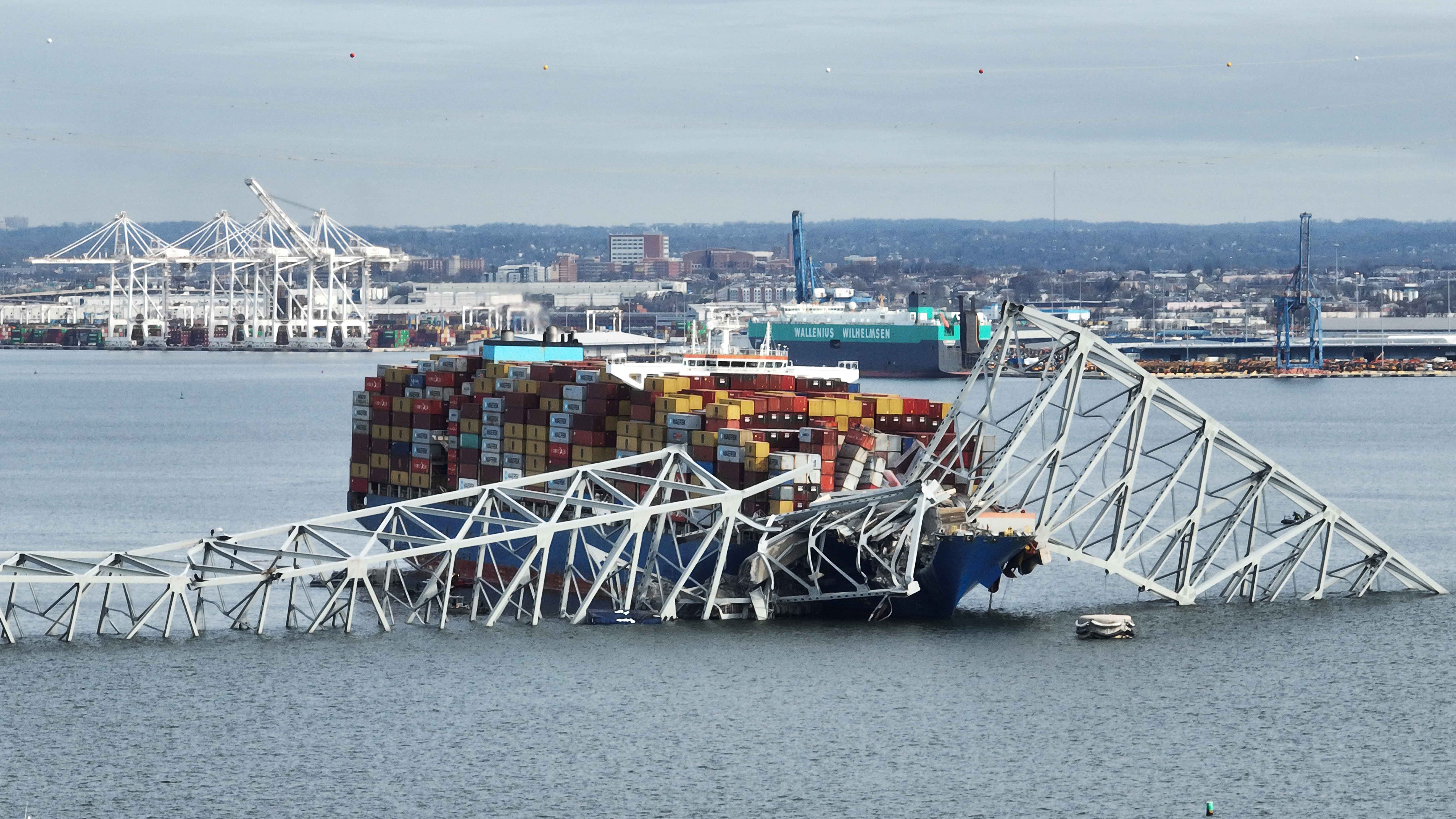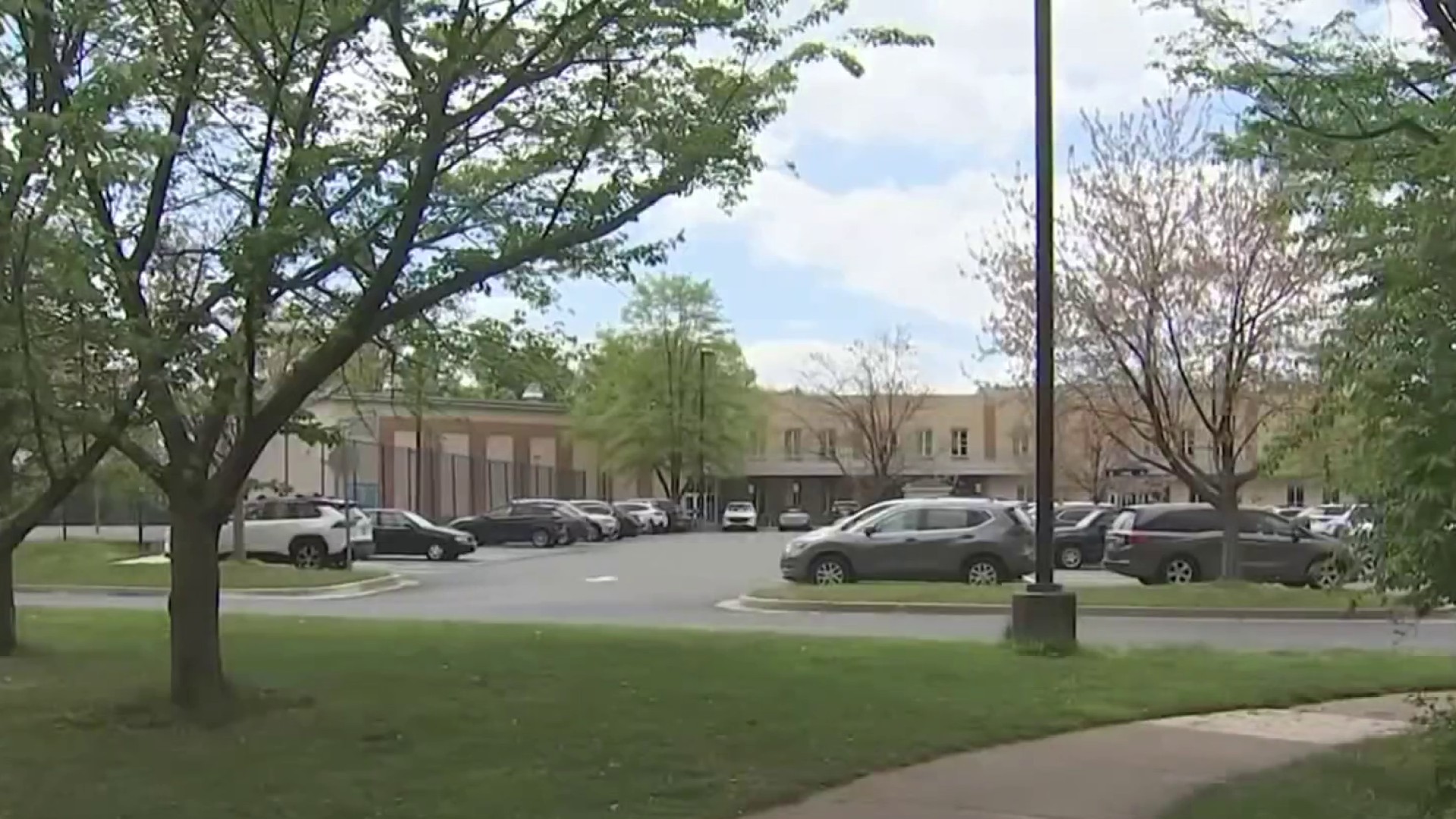If you exceed your household budget, you can’t just walk into your employer’s office and demand that the boss raise your salary. But governments aren’t like the rest of us.
The District of Columbia government is $188 million in the red, a number that could climb to a half-billion dollars next year. The exiting and incoming mayor, and members of the D.C. Council, are making a sincere effort to find workable budget cuts. But they’re also going to demand more money from their bosses, the taxpayers.
Right now, D.C. taxes income at 4 percent from those earning less than $10,000 per year, 6 percent for those earning $10,000 to $40,000, and 8.5 percent for those earning more than $40,000. The main proposal discussed at Tuesday’s 13-hour budget hearing was the addition of a fourth tier, taxing those earning more than $200,000 per year at 9.5 percent, which Chief Financial Officer Natwar Gandhi says would raise $45.1 million this fiscal year and more than $330 million through 2015.
Maryland’s top income tax rate, imposed only on those earning more than $1 million per year, is 6.25 percent, while Virginia’s top rate, imposed on most earners, is 5.75 percent.
D.C. Councilmember David Catania concedes that tax increases are necessary, but dislikes the tiered structure. “Why isn't it a better idea that everyone contribute a little than a few everything?” he asked at the hearing. He said the plan merely supports a philosophy “that we can have what we want as long as someone else pays for it.”
But could a tax cut actually help more?
At Greater Greater Washington earlier this week, writer David C. called for an elimination of the lowest tier of D.C.’s sales tax, the 5.75 added onto the cost of most tangible purchases. He would leave other sales taxes -- “on liquor, restaurant meals, parking, hotels, rental vehicles and sports tickets, represent luxury items or taxes on visitors” -- intact.
Local
Washington, D.C., Maryland and Virginia local news, events and information
He argues that this would keep $341 million dollars in the hands of residents, which would be a boon to business, bringing in consumers from Maryland and Virginia. New Hampshire has no sales tax, and its economy benefits from Boston shoppers at Christmastime and throughout the year. Ditto Delaware, which draws in those who don’t want to pay Maryland’s 6 percent or New Jersey’s 7 percent. (Alaska, Montana, and Oregon also have no state sales tax.)
D.C. is adjacent to two states, and within an hour and a half of three more -- so a lot of shoppers could come on in to beat their taxes at home.
David C. admits that cutting the sales tax would make a bigger increase in the D.C. income tax necessary, but says that would be to the advantage of District residents. A federal income tax deduction for state-level sales taxes has yet to be extended this year, and is rarely used by D.C. residents since taxpayers are permitted to take a deduction only for either sales or income taxes, not both.
If income taxes were increased to cover the sales tax loss, he says District residents “could reduce their combined federal tax burden by up to 35 percent.”
Critics of income taxes, who call for the elimination of the federal income tax and the imposition of a national sales tax, say that would be more fair because it would tax only what we choose to spend, not the product of our labors. On a national level, that’s a fair argument.
But on a local level, it could make sense to take advantage of the District’s geographic benefits and reduce or eliminate the sales tax.
Follow P.J. Orvetti on Twitter at @PJOinDC



